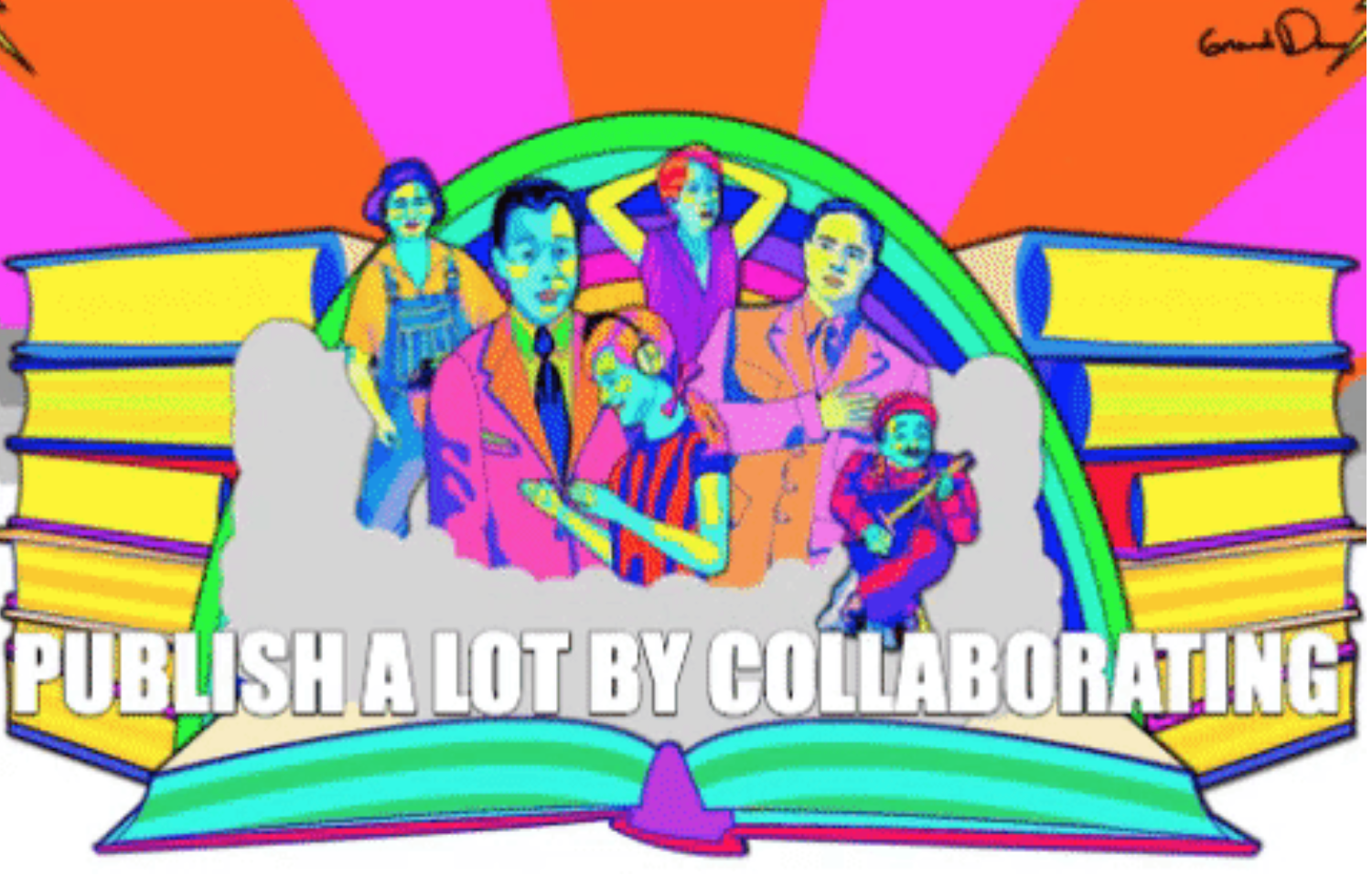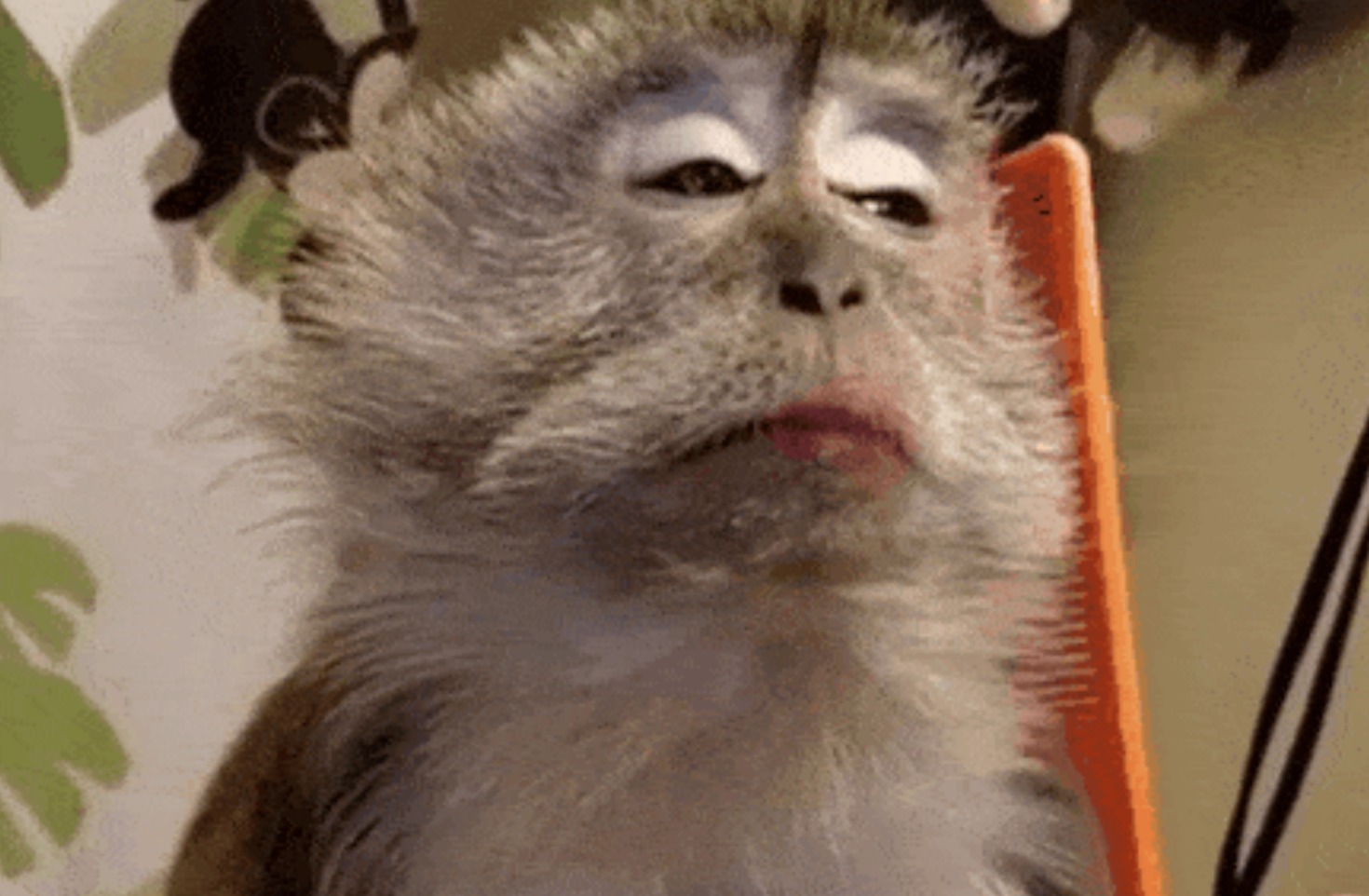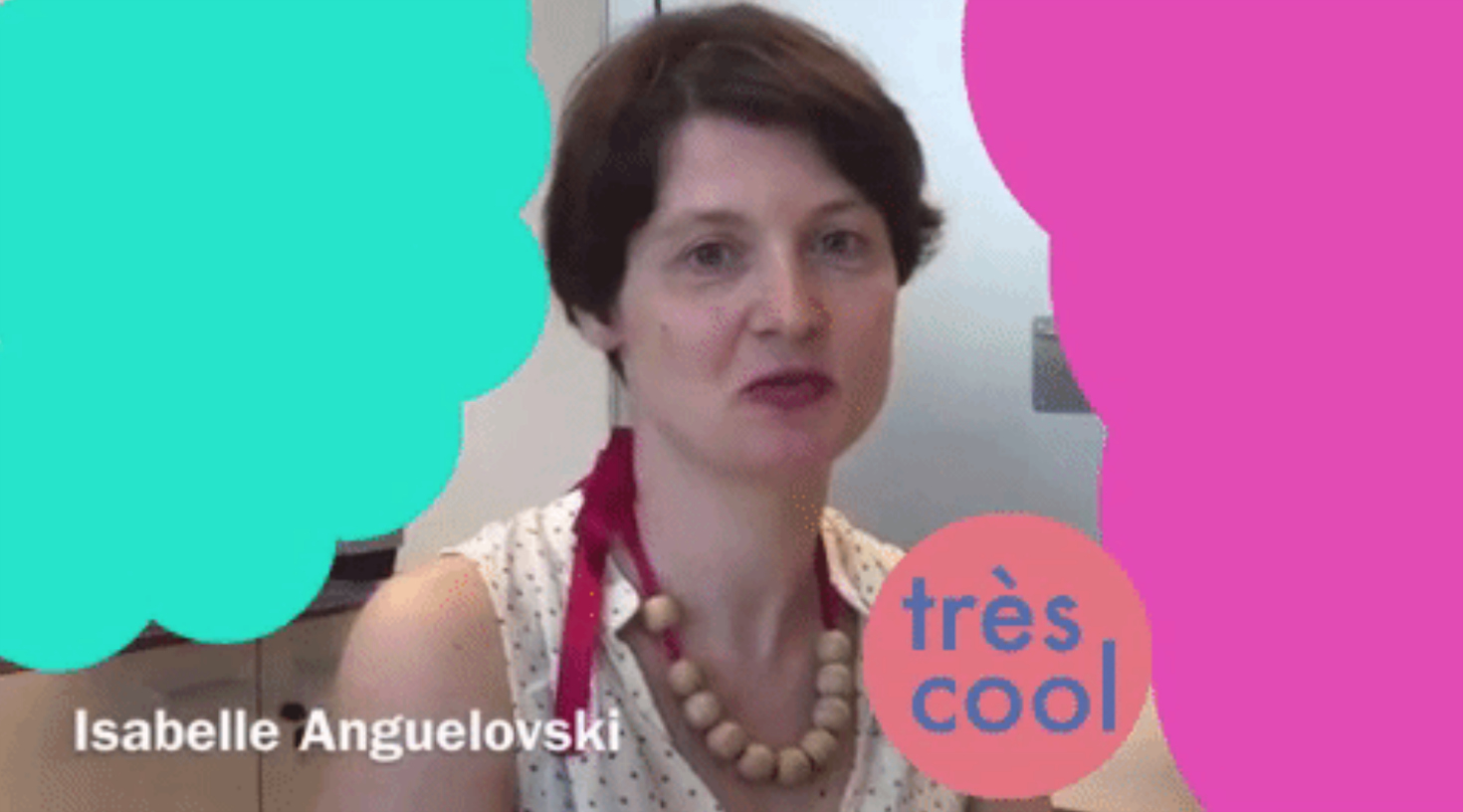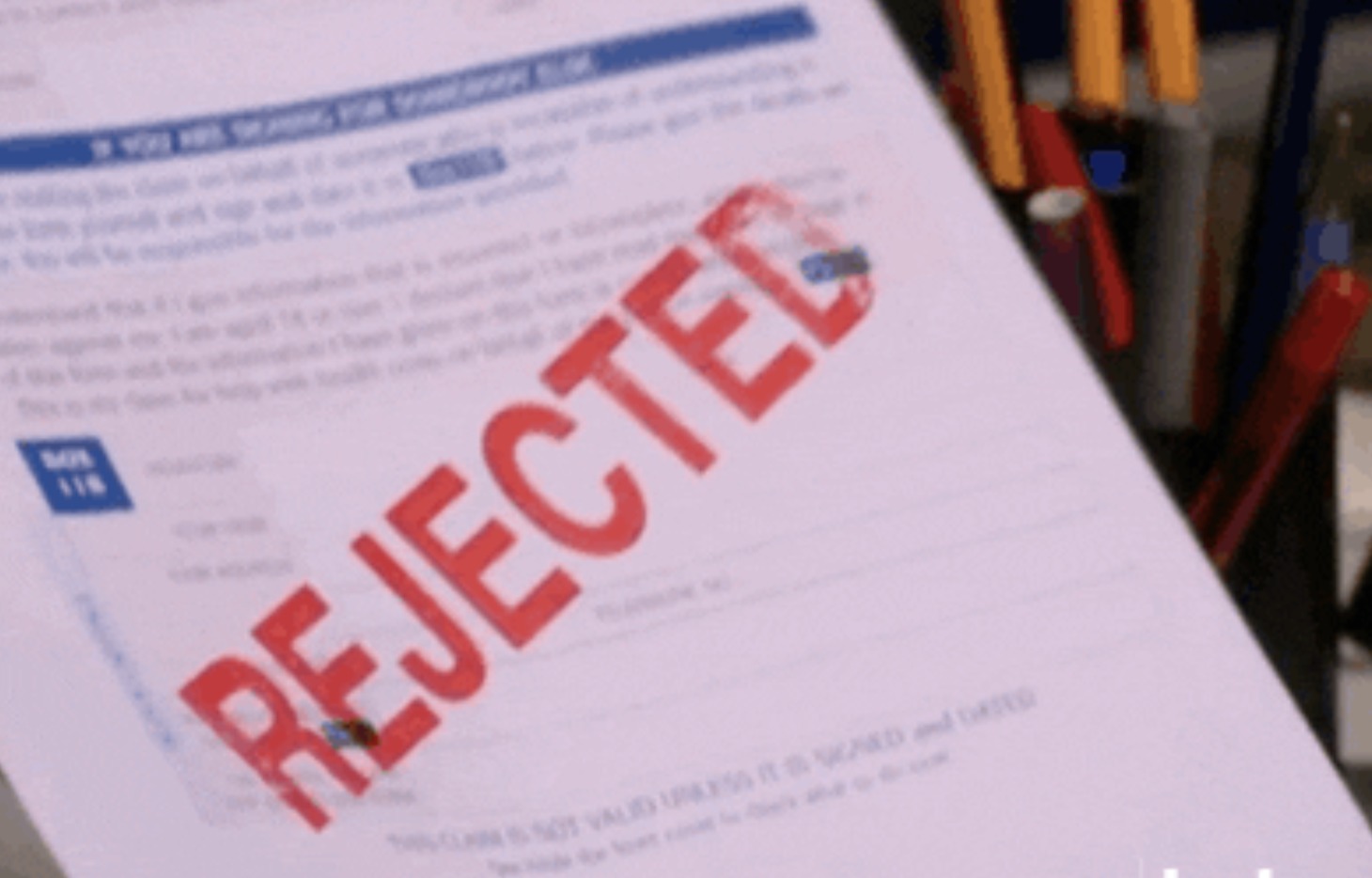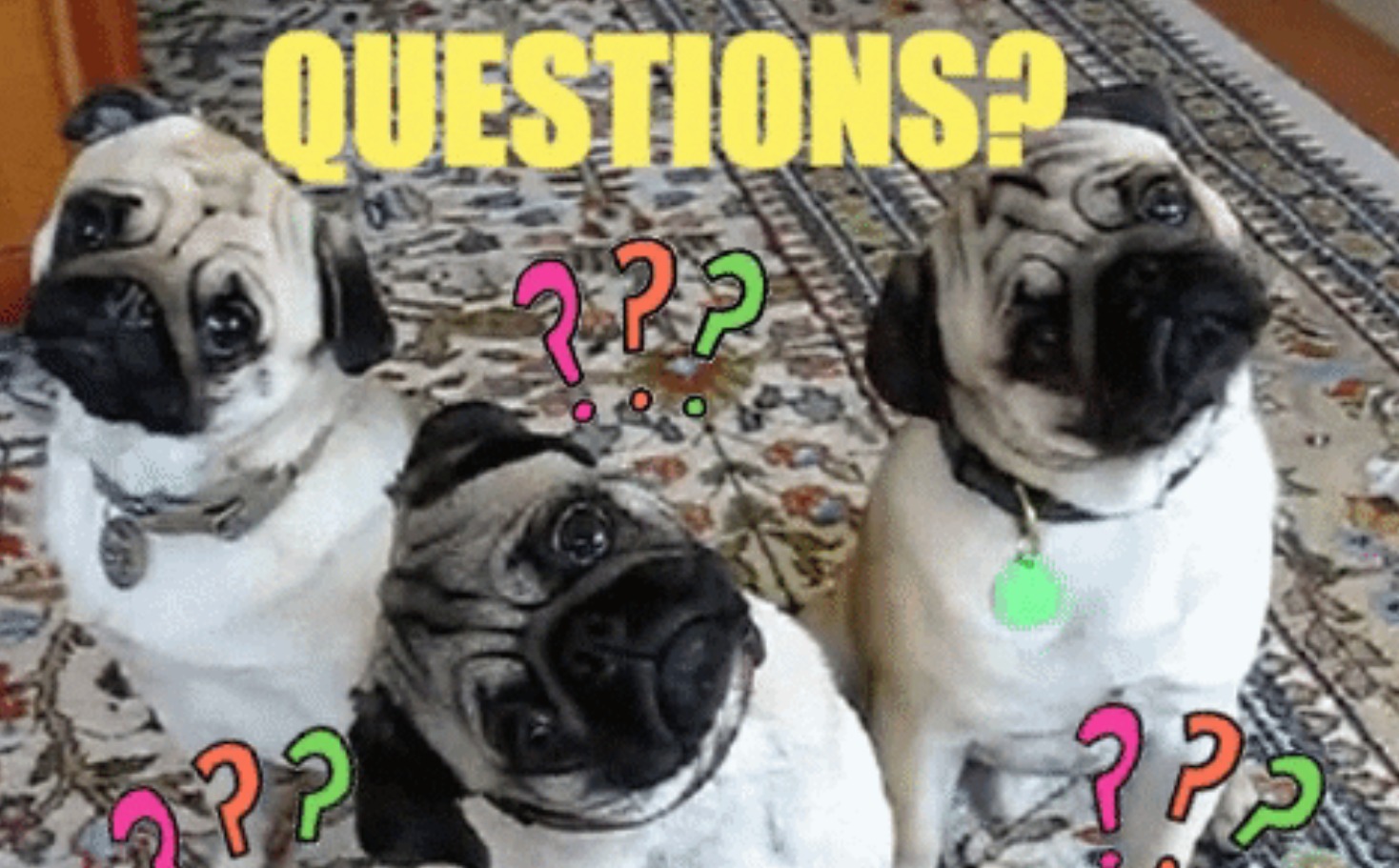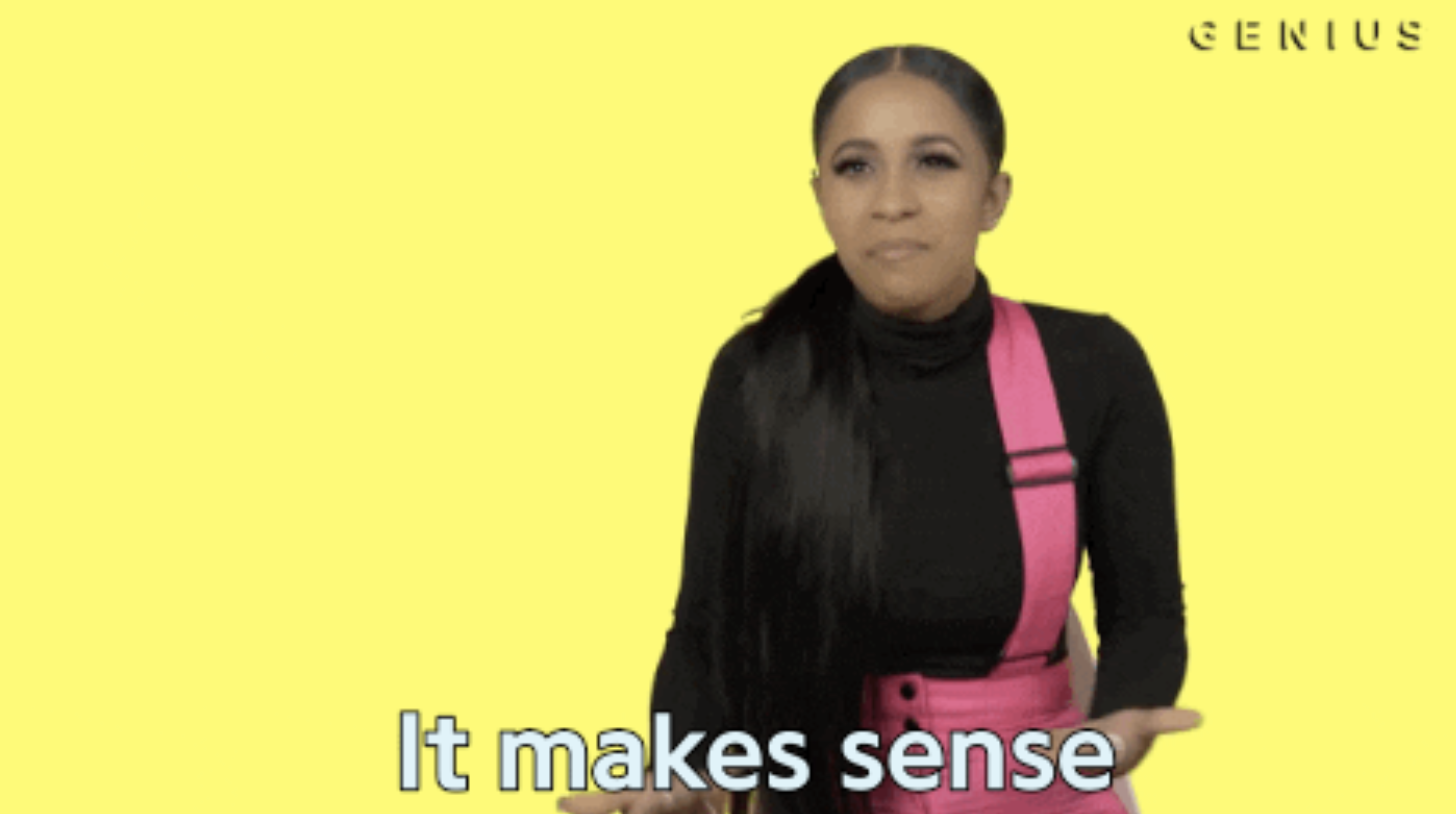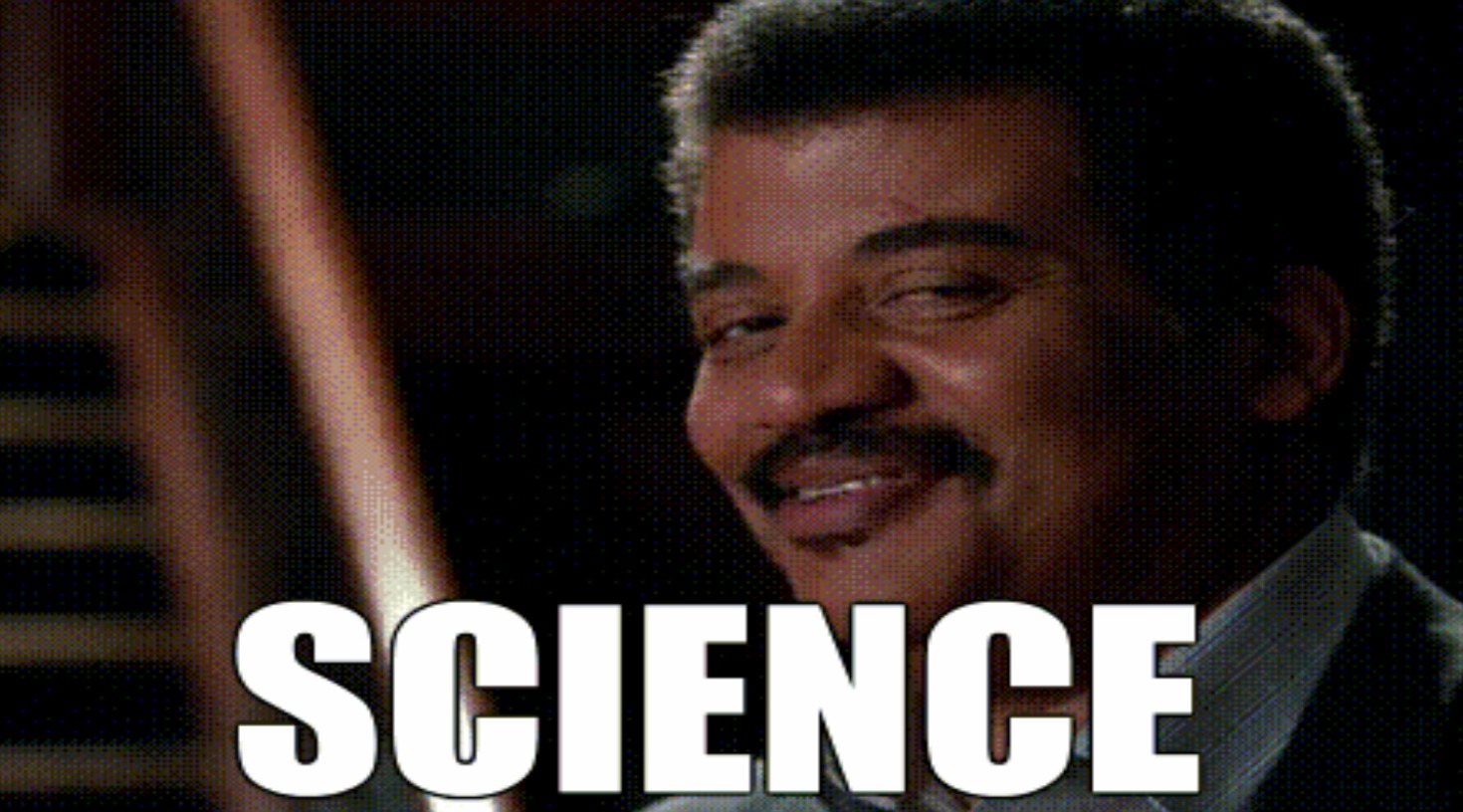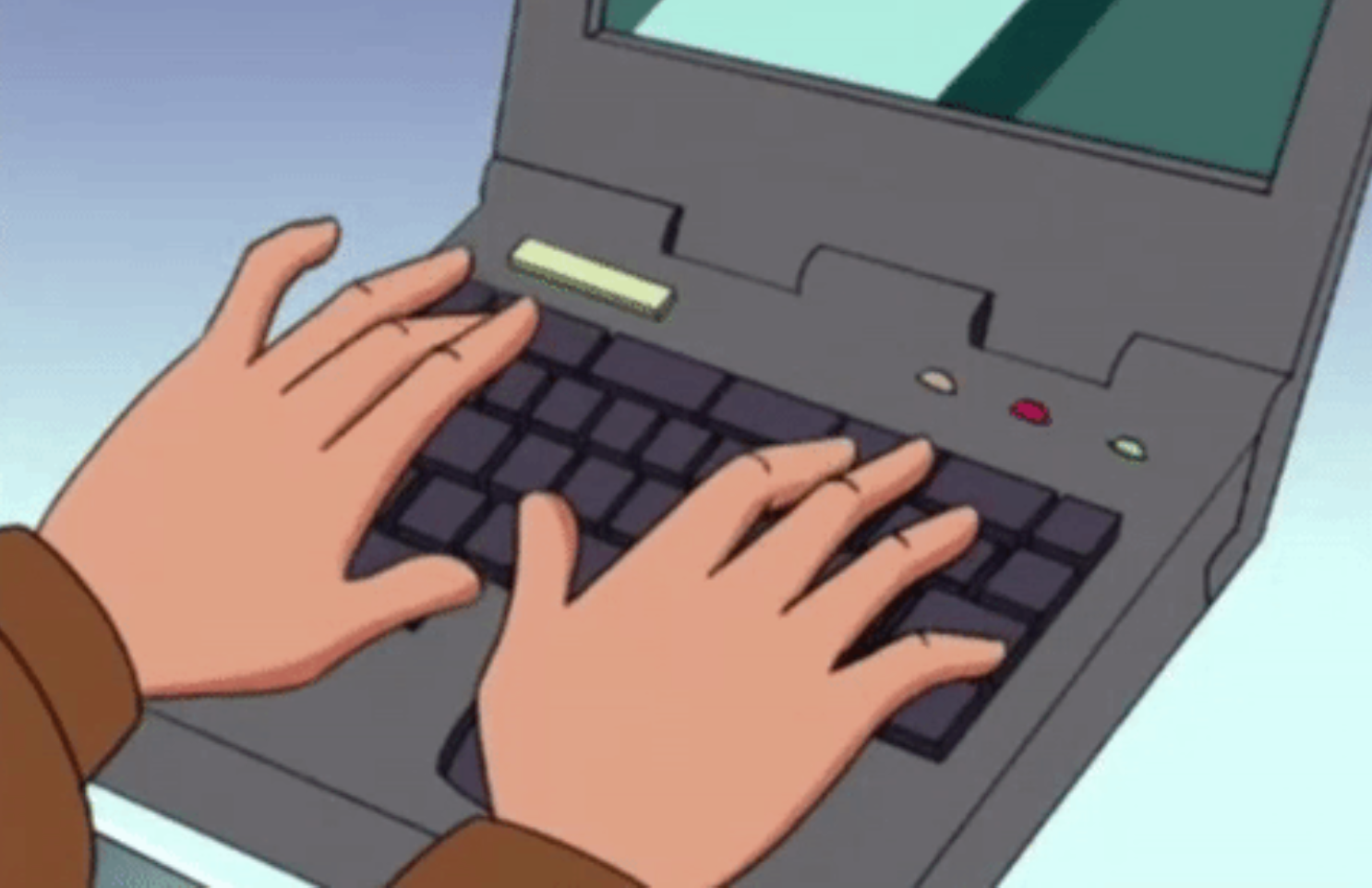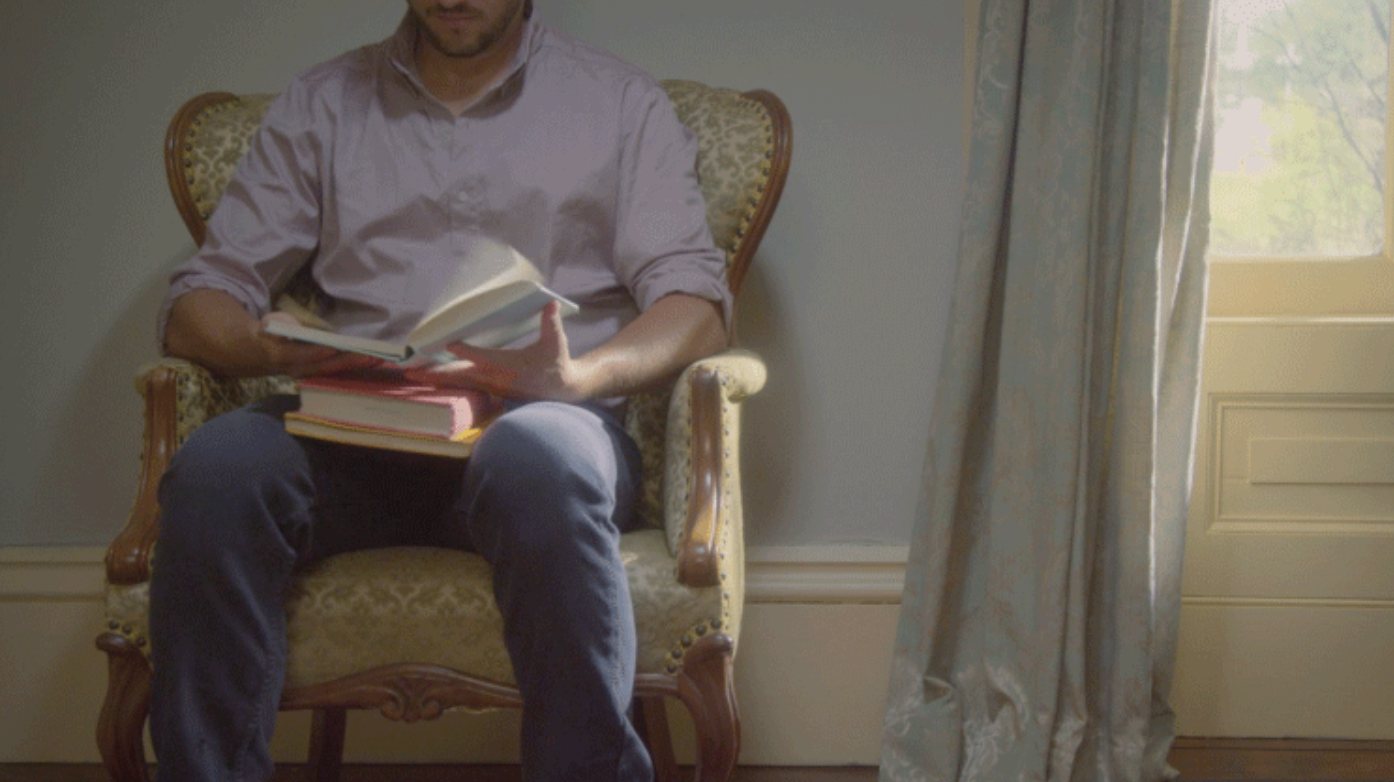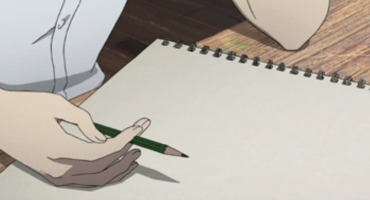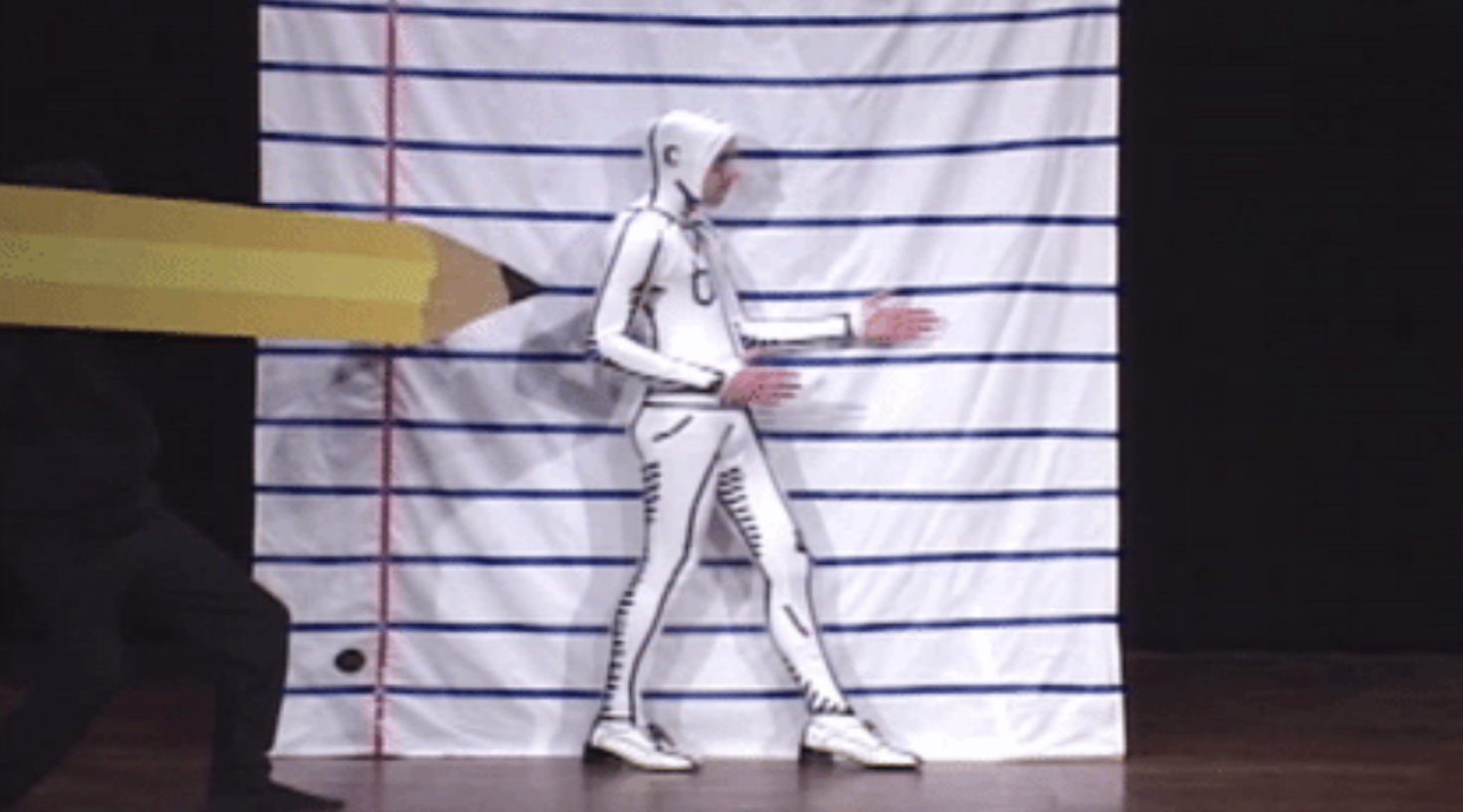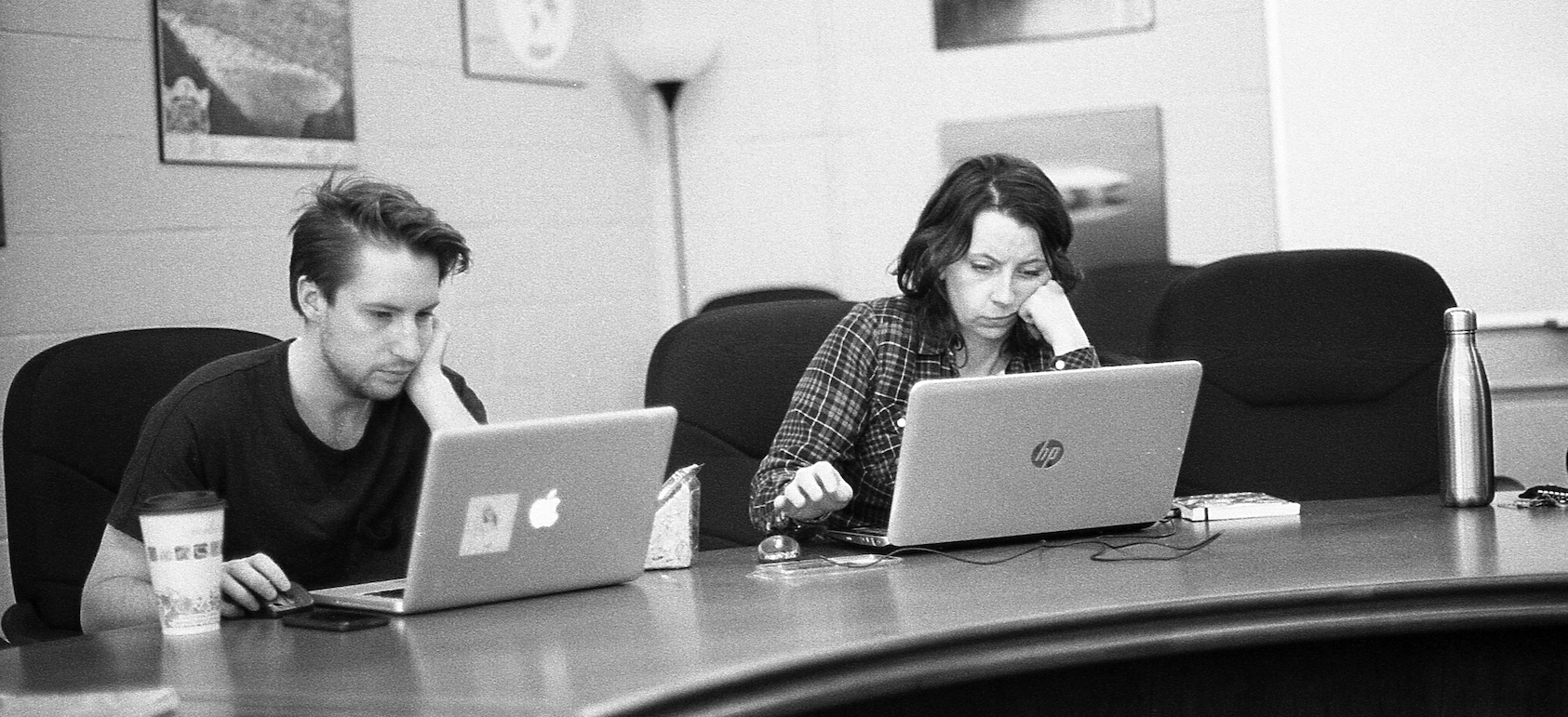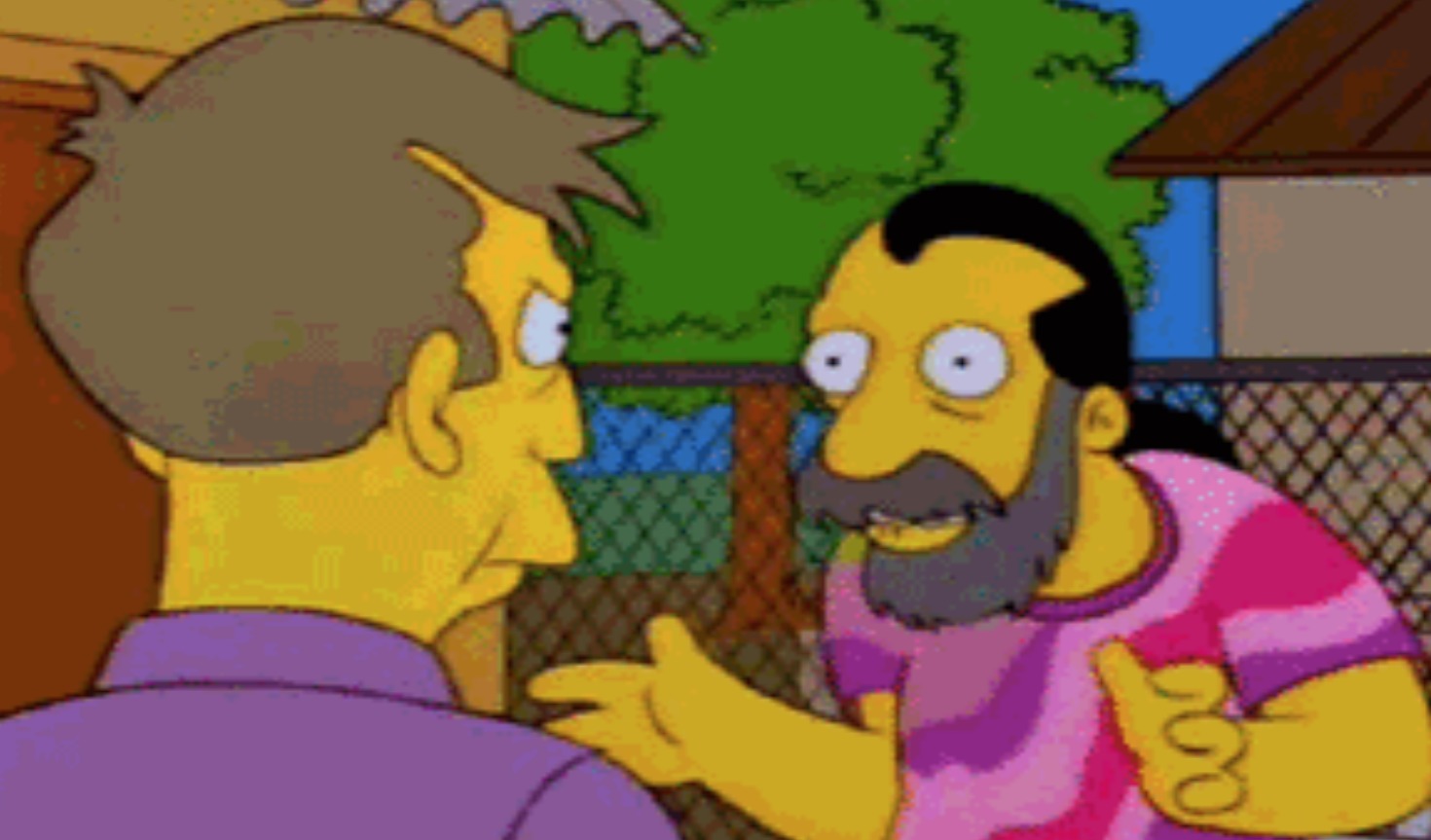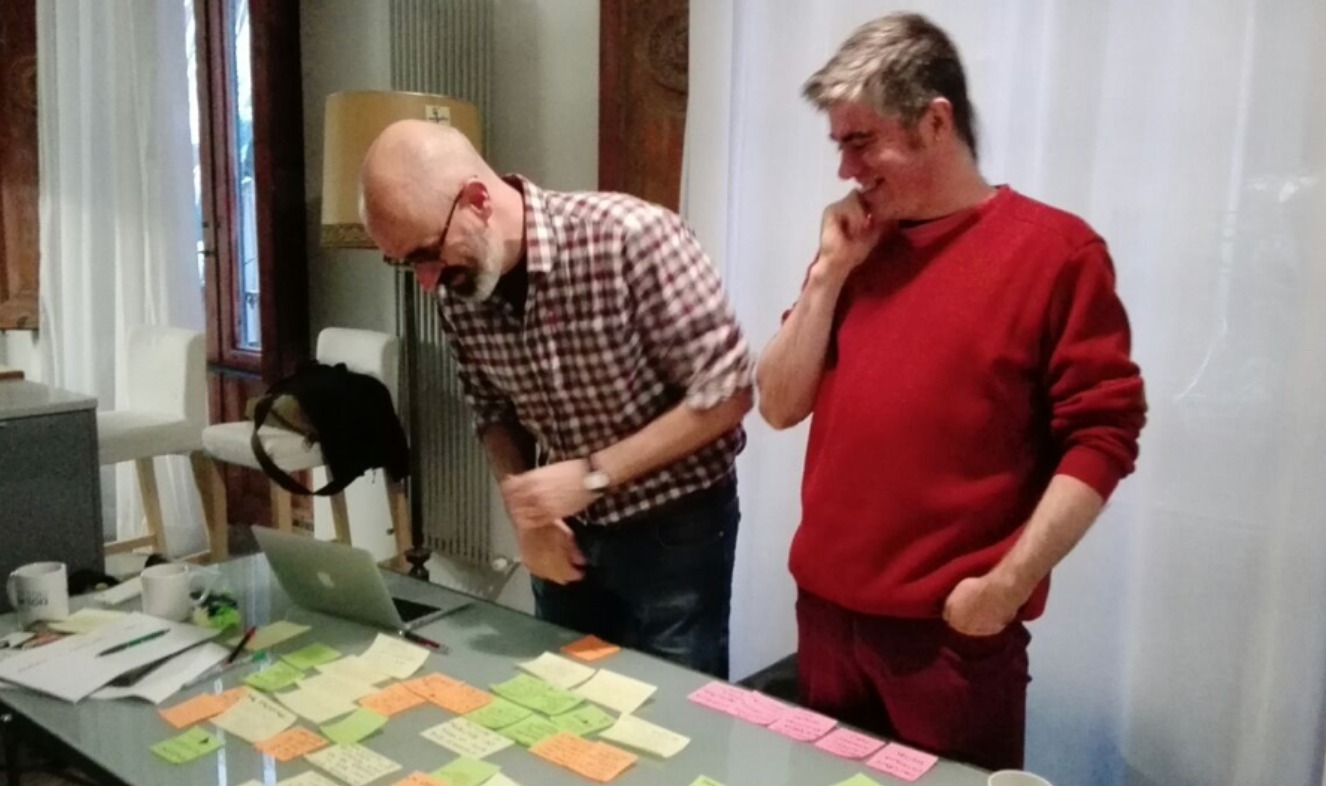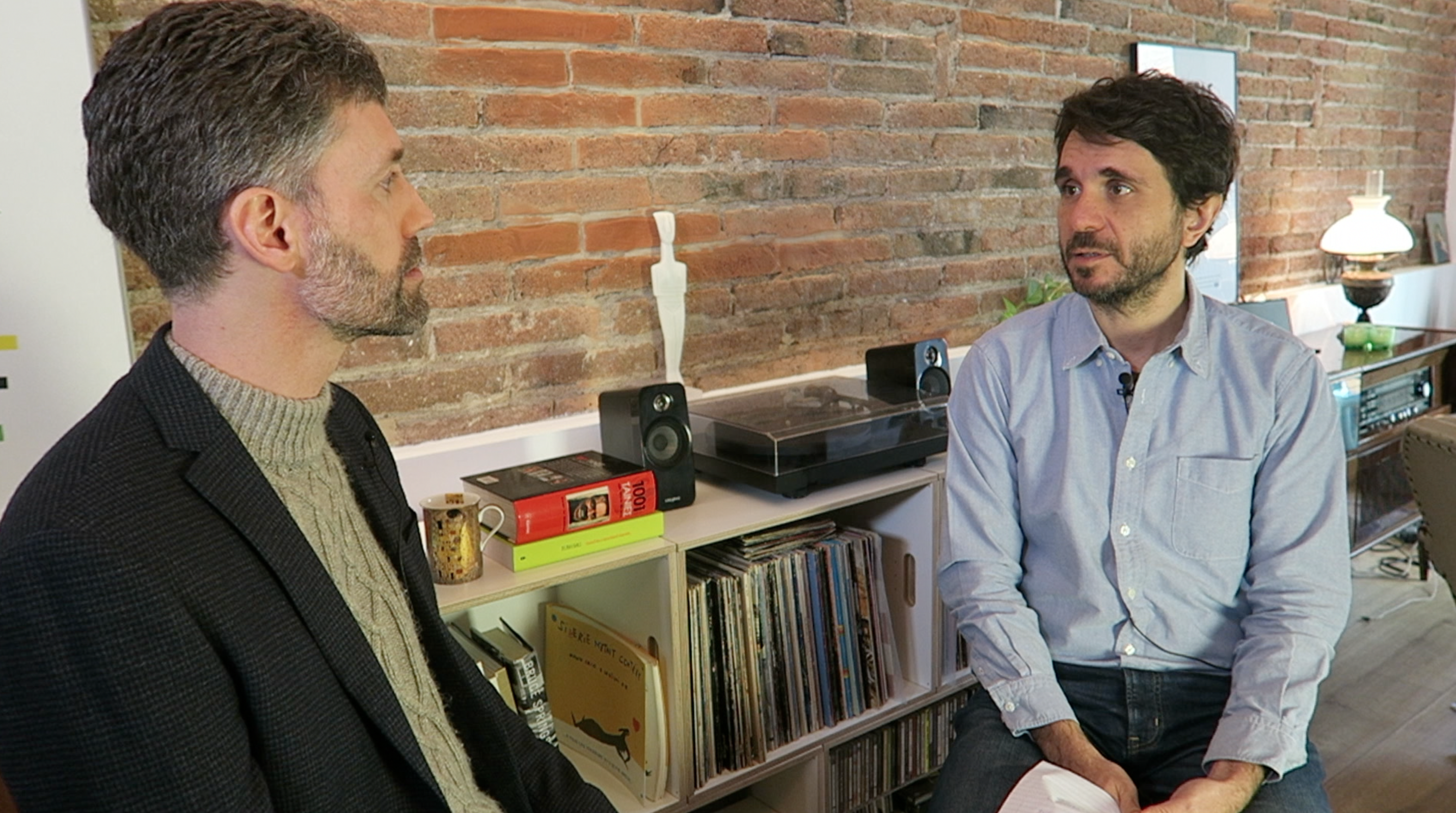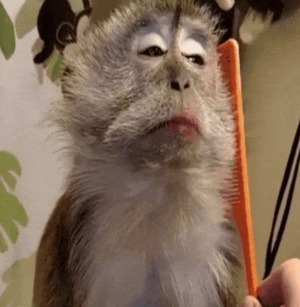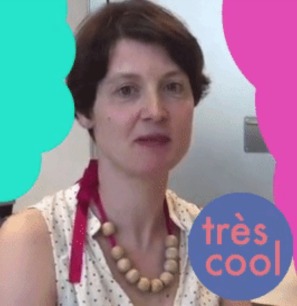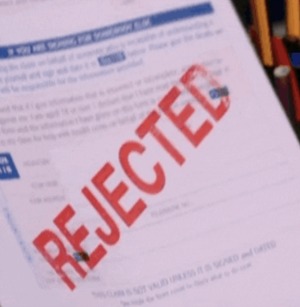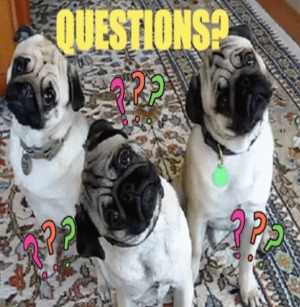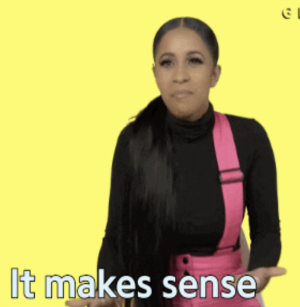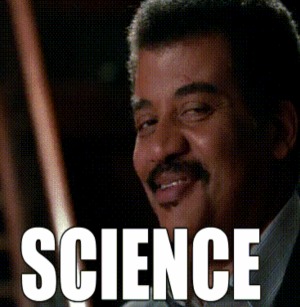How to start a paper - the Introduction section
This week I devote a blogpost to one of the most important parts of a paper - its beginning. The introduction section sets the tone for our paper, and is the moment where we win or loose our readers ...
Publish a lot by collaborating a lot – an interview with Viki Reyes
In this interview I discuss with Viki her 'secrets': her work ethics, the organization of her lab and research projects, and the way she handles the publication process ...
How to promote your work
Your paper has been published. Now how do you get people to read it? Vassilis Kostakis is offering this week 7 tips for spread out the word about your work ....
How to survive the publication process as a young scholar – an Interview with Isabelle Anguelovski
Isabelle Anguelovski is an ICREA professor at my institute, ICTA, in Barcelona. Isabelle has a PhD in urban planning from M.I.T. and is recipient of a European Research Council starting grant to study how the greening of cities may cause gentrification. Isabelle is a young (and needless to say, very successful) academic at the beginning of her tenure, young enough to remember and sympathise with the grievances of PhD and post - doc researchers. We discussed about the writing and publishing process, their nice and not so nice moments...
My paper was rejected – what do I do now?
We've all been there. We submitted our hard-worked paper and one day we receive a polite email where the Editor tells us that our paper has been rejected. What's next? In this post I cent my two cents of wisdom on how to deal with a rejection...
Answering your Questions
Since I launched the blog, many of you have emailed me with questions. Thank you! Here are some brief answers...
How to give good feedback
Aaron Vansintjan is both a junior researcher and a seasoned editor and has been on both sides of feedback. In this post he shares with us his understanding of the editing process, and what it takes to give good feedback...
How to reply to reviewers
This week I join forces with Vassilis Kostakis, a professor of P2P governance at Tallinn University and Faculty Associate at Harvard University's Berkman Klein Center, to share with you some simple tips on how to respond to reviewers based on our experience...
What do Editors want?
Jeroen van den Bergh, editor-in-chief of the journal Environmental Innovation and Societal Transitions, and Esteve Corbera, editor of the journal Geoforum discuss what they are looking for when an article is submitted to their journals...
10 Common Mistakes Non-Native English Research Authors Make
Navigating the world of academic writing as a non-native English speaker can sometimes be a trying experience. The internationality of research is rooted in English...
How to Edit a Special Issue
A Special Issue is, like an edited book, a collection of articles on the same theme published together and curated by one or more editors. Unlike a book, a special issue is published in a scientific journal...
The art of reading for writing success
The quality of your writing—and your publishing success—cannot be separated from the quality of your reading. In fact, the depth of your critical engagement with current debate and the sophistication of your argument depends on your ability to read critically...
Overcoming Writer’s Block with Automatic Transcription
In this guest post Jason Kincaid shares with us ways to take advantage of recent developments in automatic transcription to extract your ideas using a voice recorder...
Dan O’Neill’s Top 10 Rules for Academic Writing
Academic writing is a funny business. It’s not done to entertain, as in the case of fiction, but to communicate a set of ideas as carefully and unambiguously as possible...
Equity in Author Order
The order of authors on a published scholarly article matters in academia: the first author gets the most credit for the study. As a collaborative feminist science and technology lab, CLEAR works to include equity and justice in everything they do, from building technology to deciding how to credit our lab members for their work...
How to write simply
In this post, I will tell you how to write clearly and simply.....
Predatory Journals: How to Avoid the Dark Side of Academic Publishing
If you are a student, you may have received a random email inviting you to submit an article to a journal you’ve never heard of....
How to write collaboratively
This week, Enric Senabre Hidalgo, shares with us his experience with using co-design techniques and digital tools to facilitate collaborative writing....
The journal asks me to suggest a reviewer for my paper, whom do I propose?
Not all journals ask you to suggest reviewers, but many do. Why?....
The writing process with Dan O'Neill
In blog post we share a video. I have a conversation with Dan O'Neill about the pains and gains of the writing process...
Thinking in terms of Debates
In this blogpost, Stephanie shares a tip that has worked for her in her early efforts to write and publish her research....
What a good article looks like
A clear and attractive journal article requires a great deal of preparation and self-criticism. Even obviously talented writers will admit that it takes at least as much perspiration as inspiration...
Getting the title right
The title is the first thing you write. It is the moment you decide what is the purpose, focus and message of your article....
How to edit out large chunks of text
When would you need to edit out large parts of your paper? Well, when your text is too long! When I was a PhD student I had a paper that was 15,000 words. I presented it at conference after conference. It lingered on my desk for months...
Proofreading Tip! How to edit backwards
You have finished your paper, made all the changes that you needed to do and polished your arguments. Now you need to look at it one last time, focussing on grammar, syntax and typos. How do you do this?...
Start drafting your paper with a sentence outline
Before starting to write a paper, you need an outline: a table of contents and a basic idea of what will go in each section and subsection. How do you do this?...

